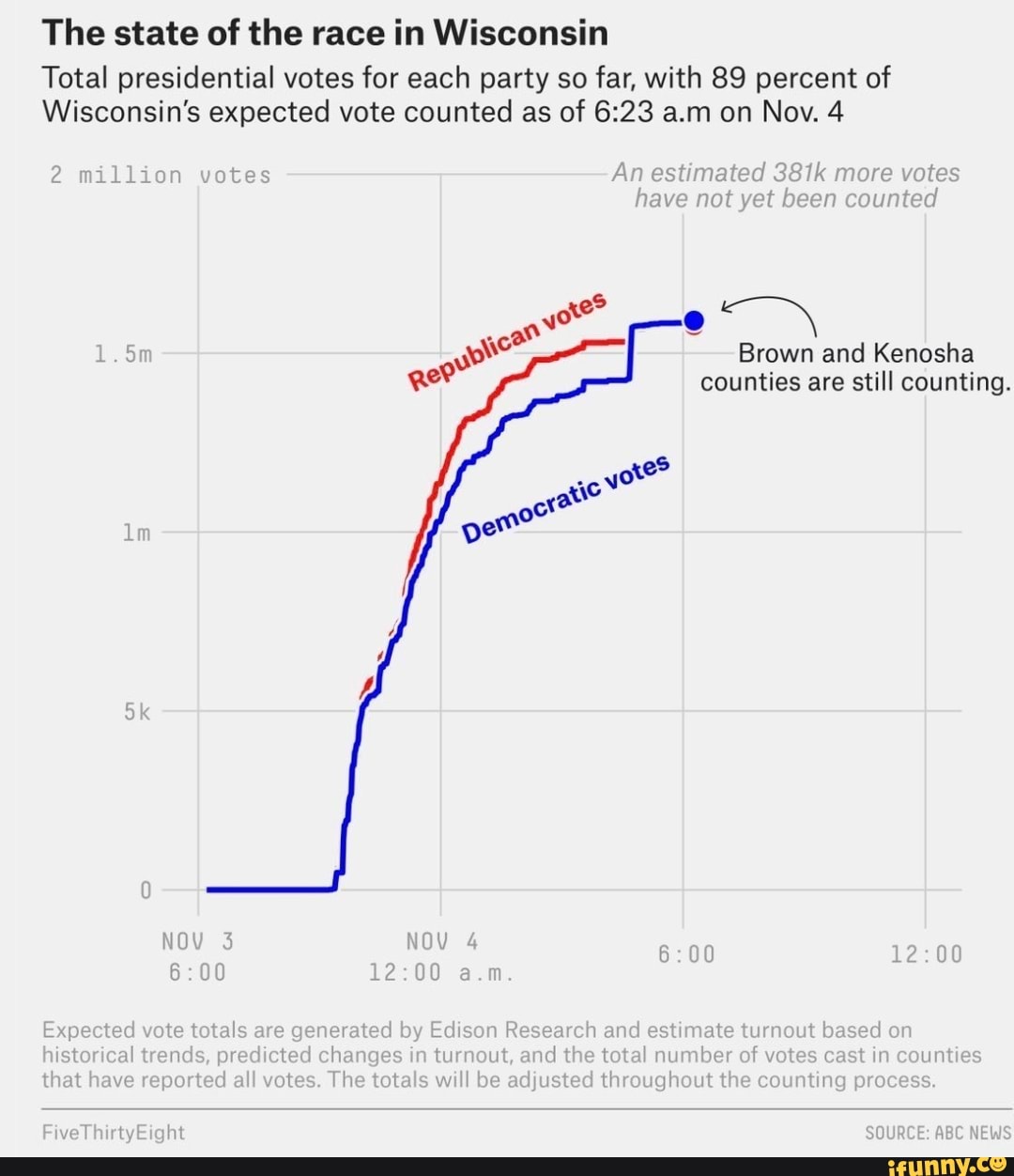
:no_upscale()/cdn.vox-cdn.com/uploads/chorus_asset/file/19484327/Screen_Shot_2019_12_11_at_2.20.56_PM.png)
Federal Election Commission, accessed Feb.

USA TODAY reached out to the social media user who shared the claim for comment. It also occurred in 2000, when Democrat Al Gore received the majority of the popular vote but not the required amount of electors to secure the presidency. This is what happened in 2016 when Clinton won the popular vote but not the presidency. Critics point to the fact that it’s possible for a presidential candidate to win the popular vote and lose the election by not receiving enough electoral votes. Each elector casts one vote, and a candidate needs 270 to win the election. The claim is presented as criticism of the Electoral College, a group of 538 electors chosen by states' political parties that is responsible for electing the president and vice president. And Joe Biden won 51.3% of the popular vote in 2020, according to government reports. Barack Obama won 52.9% of the popular vote in 2008 and 51.1% of the popular vote in 2012, Hillary Clinton won 48.2% of the popular vote in 2016 (ahead of Donald Trump's 46.1%, though Trump won the Electoral College). John Kerry, his Democrat opponent, received 48.3% of the popular vote.ĭemocrats have won the popular vote in each election since Bush’s victory in 2004. That means the last Republican presidential candidate to win the popular vote left office 14 years ago, not nearly 30 as the post claims. Bush won popular vote in 2004 electionīush won 50.7% of the popular vote in the 2004 presidential election, according to the Federal Election Commission, the agency responsible for enforcing campaign finance regulations.īush left office in 2009 after serving two terms. Bush, a Republican, won the popular vote in the 2004 presidential election, according to the Federal Election Commission. The post was shared more than 300 times within a week.įollow us on Facebook! Like our page to get updates throughout the day on our latest debunks Our rating: False the electoral college, the last Republican President would have left office 29+ years ago.” “FUN FACTS: If the American electoral system went by popular votes – you know, the ‘will of the people’ – vs. 31 Facebook post ( direct link, archived link) claims the Republican Party’s presidential candidate has not won the popular vote in nearly three decades. Harrison was the first member of the Whig party elected president.Watch Video: Explainer: How the Electoral College works The claim: The last Republican to win the popular vote left office nearly 30 years agoĪ Jan. Winner Taylor was the last member of the Whig party elected president. Lincoln was the first member of the Republican party elected president. (Incumbent.) Lincoln was the only member of the National Union party elected president. (Incumbent.) Only post-Civil War election in which a candidate from one of the two major parties came in third place. Also endorsed by the Socialist Party and the Farmer–Labor Party. Won the popular vote, but lost the Electoral College. Also endorsed by the Populist Party and the Silver Party. Third-party candidate last third-party candidate to receive pledged electoral college votes from any state. Highest vote total of any third-party or independent candidate and highest vote total of anyone to not win electoral votes. Lost the popular vote, but won the Electoral College.Įstablished the Reform Party. List of presidential candidates by votes in one election Candidate Minor candidates are excluded if they received fewer than 100,000 votes, or less than. In the election of 1824, only 18 of the 24 states held a popular vote, but by the election of 1828, 22 of the 24 states held a popular vote. Prior to the election of 1824, most states did not have a popular vote. Elections have tended to have more participation in each successive election, due to the increasing population of the United States, and, in some instances, expansion of the right to vote to larger segments of society. Following is a list of United States presidential candidates by number of votes received.


 0 kommentar(er)
0 kommentar(er)
